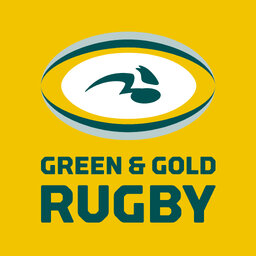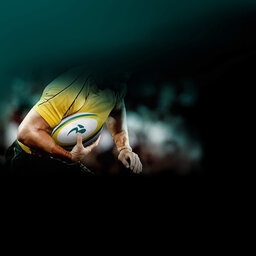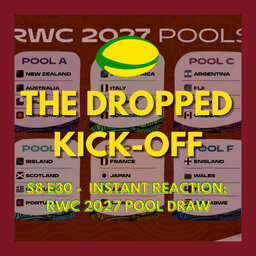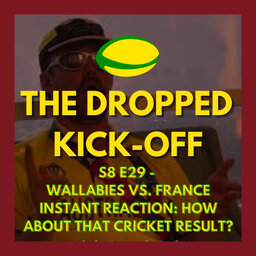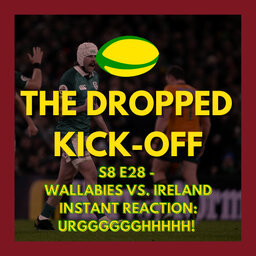G&GR's Talking Teams - TRC Mini Review
It's just me and KARL this week, with Happyman unavailable. We have a chat about the four games played in the RC so far, then discuss how we think the All Black and Wallaby tours will go, and finish off with a lively discussion about the high contact law. We manage to do that in just under 55 minutes for those timing us.
 Green & Gold Rugby
Green & Gold Rugby